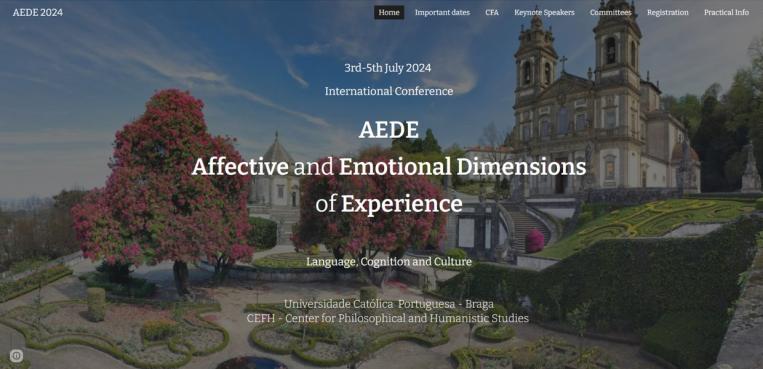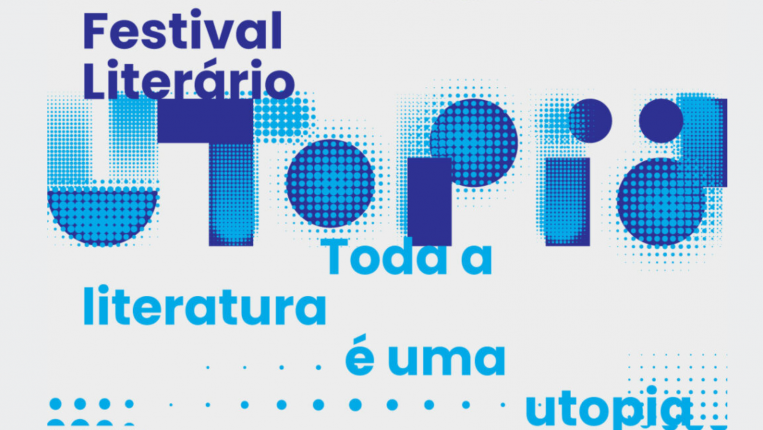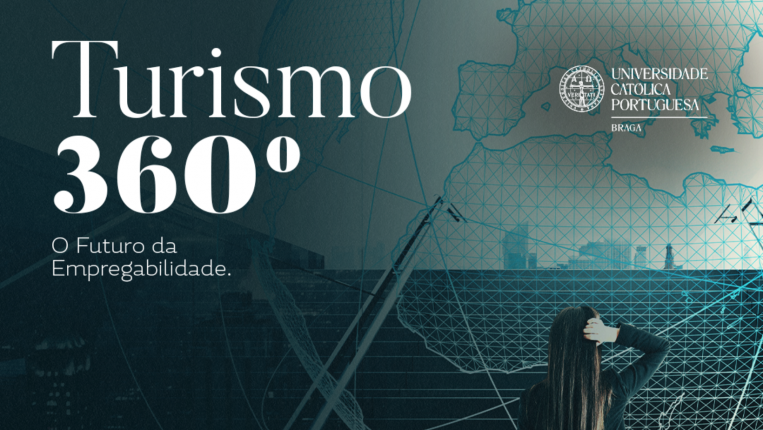
The AEDE International Conference| Affective and Emotional Dimensions of Experience - Language, Cognition and Culture, will take place at the Faculty of Philosophy and Social Sciences of the Catholic University of Portugal (Universidade Católica – Faculdade de Filosofia e Ciências Sociais), in Braga, Portugal. The AEDE International Conference will take place from 3 to 5 July 2024.
Call for Abstracts
Recently emotions have re-emerged as a topic of great scientific and philosophical interest. Psychologists, cognitive scientists, neuroscientists, philosophers and linguists have engaged in inter- and intra-disciplinary debates concerning the ontology and phenomenology of emotions, the epistemic and cognitive dimensions of emotions, the role that our bodies play in the experience and constitution of emotions, the physiological, mental or cultural nature of emotions, the cultural specificity of emotions, to name just a few.
These issues, however, have been treated quite differently, either from a first-person or from a third-person approach to emotions and affectivity, and either from a universalist-psychophysiological, or a relativistic-cultural view of emotions and feelings.
The aim of this conference is to analyze the affective and emotional dimensions of human experience from an interdisciplinary perspective, especially in philosophy, psychology and linguistics, and to contribute to broadening contemporary debates and shed light on the pivotal role of affectivity and emotion in human being and becoming.
We invite contributions from disciplines concerned with the topic, including both theoretical and applied perspectives: cognitive science, neuroscience, social, cultural, clinical, and developmental psychology, psychophysiology, psychiatry, philosophy of mind, phenomenology, cognitive linguistics, anthropology, cultural studies, history, computer science.
Suggested topics include (but are not restricted to):
Cognitive processes and emotions: attention, memory, learning, motivation, judgments, and decision-makingThe role of cultural determinants in emotion elicitation, regulation and expression: how culture influences cognition
- 4E and post-cognitivist approaches to emotion and affectivity
- Sociocultural variability of emotions
- Cross-cultural and cross-linguistic differences in emotions
- The history of emotions
- Affectivity as a key component of habits
- The phenomenology of human experience, affectivity and intersubjectivity
- The interplay between cognition, culture and emotion in social behavior, health-related behavior, and psychopathology
- Embodied accounts of affectivity in post-cognitivist cognitive science
- Emotional intelligence and education, social and emotional competence, social and emotional health
- Emotion in language (lexicon and grammar, language acquisition and change)
- The conceptualization of emotions and components of emotion concepts
- Figurativity (metaphor, metonymy, irony, etc.) in the conceptualization of emotions
- Developmental aspects of language and emotion
- Emotion in applied linguistics: language teaching, intercultural communication, advertisement, psychotherapy
- Affectivity, emotion and mirror neurons
- Emotion in the interaction between humans and artificial agents
- Emotions as enhancers or inhibitors in situated action: empathy, ethics, politics
- The epistemic value of emotions: how knowledge is modulated by affectivity
- Affectivity, sexuality and gendered emotional experience
- Emotions in discourse analysis: populism, polarization and media discourse
- Semantic approaches for sentiment analysis with computational tools
- The aesthetics of emotion: sensibility and embodied artistic practices
Several renowned researchers will attend the meeting as keynote speakers, such as, Professor Anna Ciaunica (University of Lisbon), Professor Roberta Dreon (Ca' Foscari University of Venice), Professor Owen Flanagan (Duke University), Professor Ad Foolen (Radboud University Nijmegen), Professor Dylan Glynn (Paris 8 - Vincennes - Saint-Denis), Professor Charlie Kurth (Western Michigan University), Professor Inger Leemans (VU Amsterdam), Professor Batja Mesquita (University of Leuven), Professor Cristina Soriano (University of Geneva)
The deadline for submissions is the 21st of April of 2024.
For more info please visit the Official Website.



